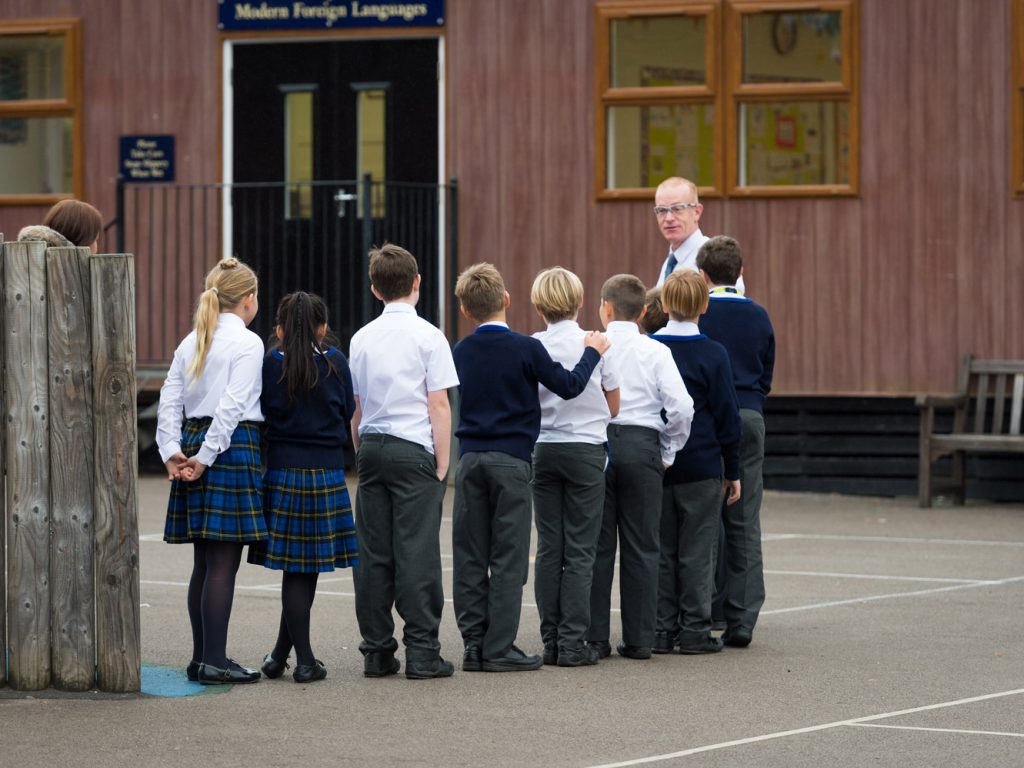This week my assembly focused on the concept of ‘making assumptions’, and how doing so can lead to difficulties, problems and relationship breakdowns. In order to illustrate the point in a slightly amusing but effective way, I used a poem in the assembly entitled “The Cookie Thief”, by Valerie Cox, which was used in the bestseller, “Chicken Soup for the Soul”. Click HERE for a link to the poem – it is worth a read! Essentially I wanted to challenge the pupils to:-
- Question their assumptions
- Give others the benefit of the doubt
- Accept things are not always as they appear
- See how stressful situations reveal what’s truly inside each of us
I began wondering where there might be a message in this for parents, and in doing so I considered the assumptions we make about our own children and also the children of others. I turned to the words of retired Headmaster and now Telegraph columnist, Peter Tait, who explains that “education of children in schools is a most extraordinary pursuit in that it deals with a variety of human beings gathered en masse, each with their own flaws and foibles, energy and aspirations living out their genetic blueprint shaped by a raft of social and environmental factors.
“As parents, most, if not all, judgements we make for our children are subjective, coloured by the fundamental desire inbred in all of us, to do the best for our children. Compelled often by guilt, we fall into the trap whereby all we think about is our children while they, in turn, are encouraged by inference, to think of no-one, but themselves. Balance and the sense of objectivity are lost as the talents of other children are dismissed in favour of our own. One comes across many parents who think that the problems facing their child are somehow unique and demand extraordinary measures, that their child is misunderstood, that every observation that they make is the whole truth, that he/she is being treated unfairly and is actually better than other children. Such comparisons about the relative strengths and weaknesses of children are invidious when foisted on teachers who can usually see and assess the child more objectively.
“In pondering the problem (and it is a problem, of perception, of balance, of judgement) I was reminded of the conjugations that regularly appear from Craig Brown in The Daily Telegraph highlighting how differently we can see things, depending on our own prejudices and point of view. With blinkers on, we can look foolish. We can even become unreasonable and lose that sense of perspective about the abilities of our own children. The adage that all children are equal, but some are more equal than others is sadly, too often applied to one’s own children. The following conjugations are courtesy of Craig Brown with one or two extras thrown in for good measure!
Our child is a leader / Your child has a strong character / Their child is a bully
Our child is energetic / Your child can’t sit still / Their child is hyperactive
We are caring parents / You are concerned parents / They are neurotic parents
Our child is an individual / Your child is unusual / Their child is weird
My child mixes well / Your child is chatty / Their child is a gossip
Our child is intelligent / Your child is precocious / Their child is a nerd
“All, I venture, are a matter of perspective”… and certainly involve a degree of assumption…
Duncan Sinclair, Prep School Headmaster





